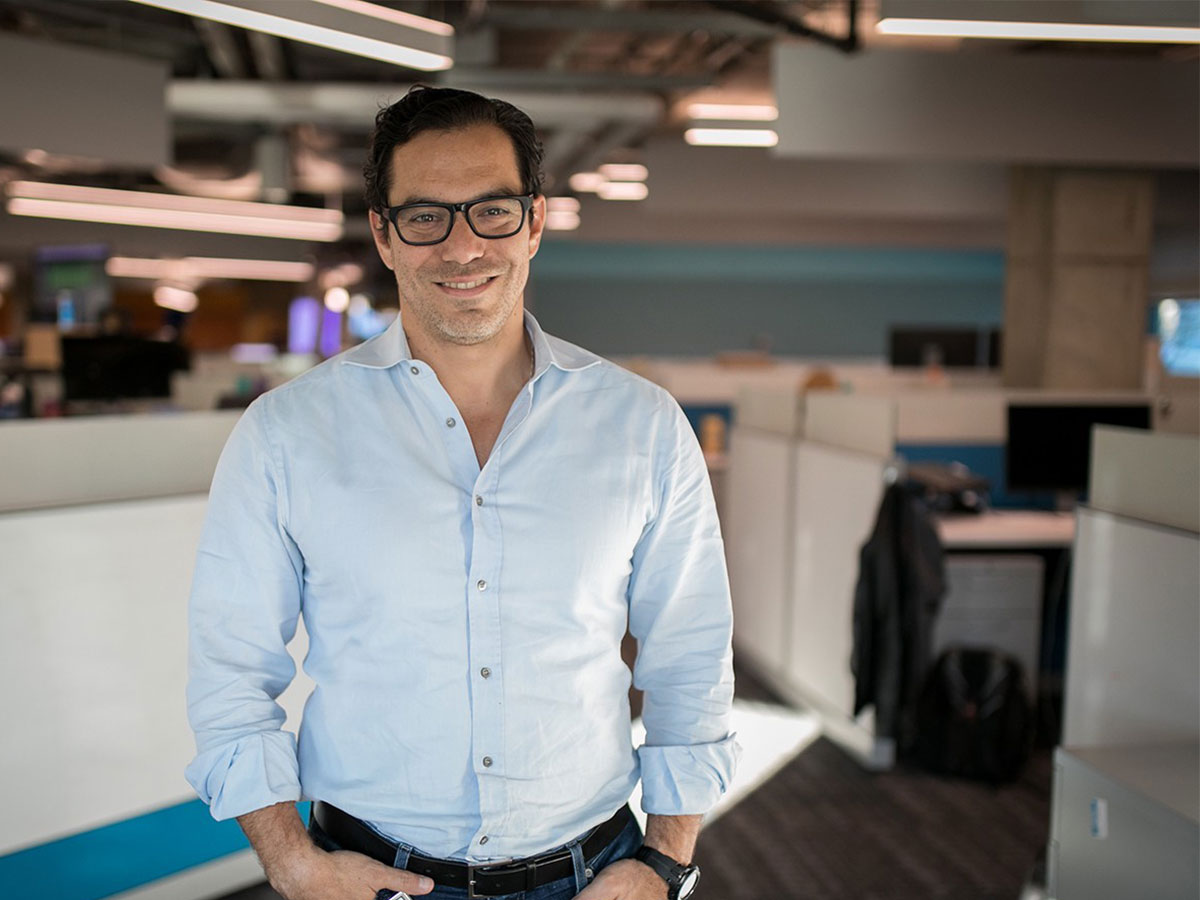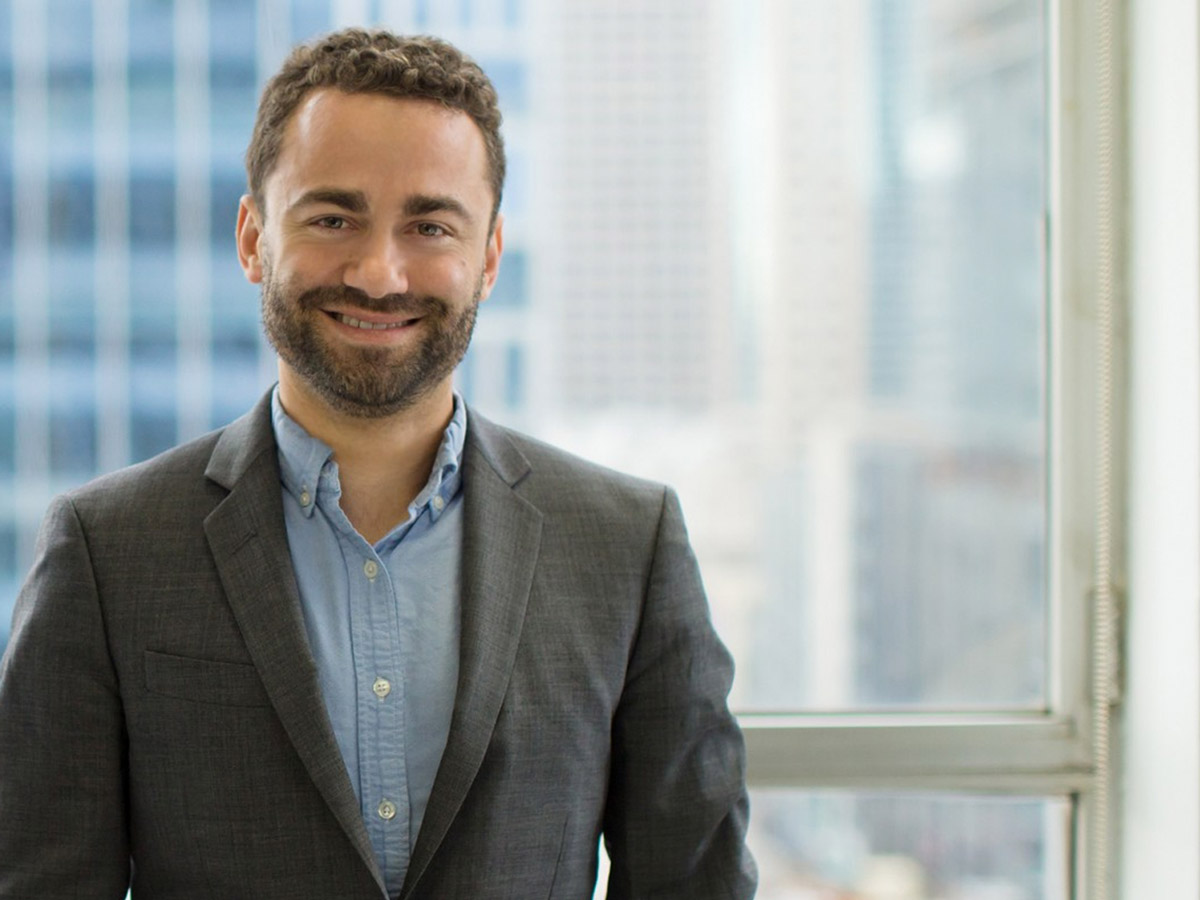Turtles and Flywheels, an Update
With Aviel’s announcement last week, and a new website up at Founder’s Co-op reflecting our new partnership, I thought it was a good time to revisit the themes from my 2013 keynote at the Geekwire Awards: Turtles and Flywheels. Back then I said:
“The truth is, it takes time to build anything of lasting value…[t]he better something is — the more powerful and lasting — the longer it takes to build”
It has been 10 years since we created Founders’ Co-op to provide first-check support to the best founding teams in the Pacific Northwest, and this month I started recruiting for the 10th Techstars Seattle class (that program will kick off in 1Q19). It’s incredible to look back at how far our startup ecosystem has come in that time.
Seattle in 2013 was a different place. It wasn’t until five days after that 2013 Geekwire event that Tableau held its IPO, and only six months prior that Amazon surprised many by paying $200 million to purchase three blocks in the Denny Triangle just north of downtown. As I mentioned in my talk, we had made just 40 investments at Founders’ Co-op then, and those companies had raised a relatively modest $140 million in follow-on capital.
Fast forward five years. Amazon has added more than 20,000 new hires here in Seattle, bringing their total local headcount to more than 40,000, and has transformed Seattle’s downtown with a new headquarters campus coming to life on on those Denny Triangle blocks. With three tech IPOs in 2018 alone, our market is adding new anchor tenants at an accelerating rate. And a resurgent – and acquisitive – Microsoft is giving AWS a run for its money and cementing Seattle’s reputation as the center of the global cloud infrastructure business.
Founders’ Co-op has grown along with Seattle. In 2015 we closed our third and largest fund to date, allowing us to double-down on our strategy of filling the seed-stage financing gap in the Pacific Northwest. We also raised a new Techstars Seattle fund, allowing us to cast an even wider net for great Pacific Northwest founders, and to deliver even better results for those founders, and the region.
Ten years of steady effort investing in our community has snowballed into something bigger than we ever imagined. Since 2013, Founders’ Co-op has more than doubled the number of companies we’ve helped to start here in the region (from 40 to 91) and those companies have gone on to raise TEN TIMES the follow-on capital they’d closed in 2013 (from $140 million to $1.4 BILLION).
On the Techstars side, the 2019 class we’re recruiting for now will lift the total number of Techstars Seattle alumni to over 100. With the addition of The Alexa Accelerator, Powered by Techstars, a second local accelerator program which we created with Amazon’s Alexa Fund in 2017 and which is run by my Founders’ Co-op partner, Aviel, we’ve doubled our capacity for impact via the accelerator model.
But while breadth of impact is important, the long-term health of our ecosystem depends on our ability to create new category leaders here in Seattle, delivering the same scale and long-term contribution as our most important platform companies. That’s why our new site showcases a few of the companies in our portfolio that are most clearly on a path to massive impact, both here and around the world. We were lucky to meet the founders of Remitly and Outreach when they were just getting started, and by leading their seed rounds and serving on their boards in their early years were able to play a small role in the success of two of our region’s most important high-growth companies.
I’m thrilled to have Aviel – a founder from our first Founders’ Co-op portfolio – joining me as an investment partner for our next decade, and beyond. We are doing work we love, in a community to which we’re deeply committed, on behalf of the most incredible founders we’ve ever known. Thanks to all of you who have been a part of our journey to date, and looking forward to the next ten years.
The flywheel is picking up speed.

